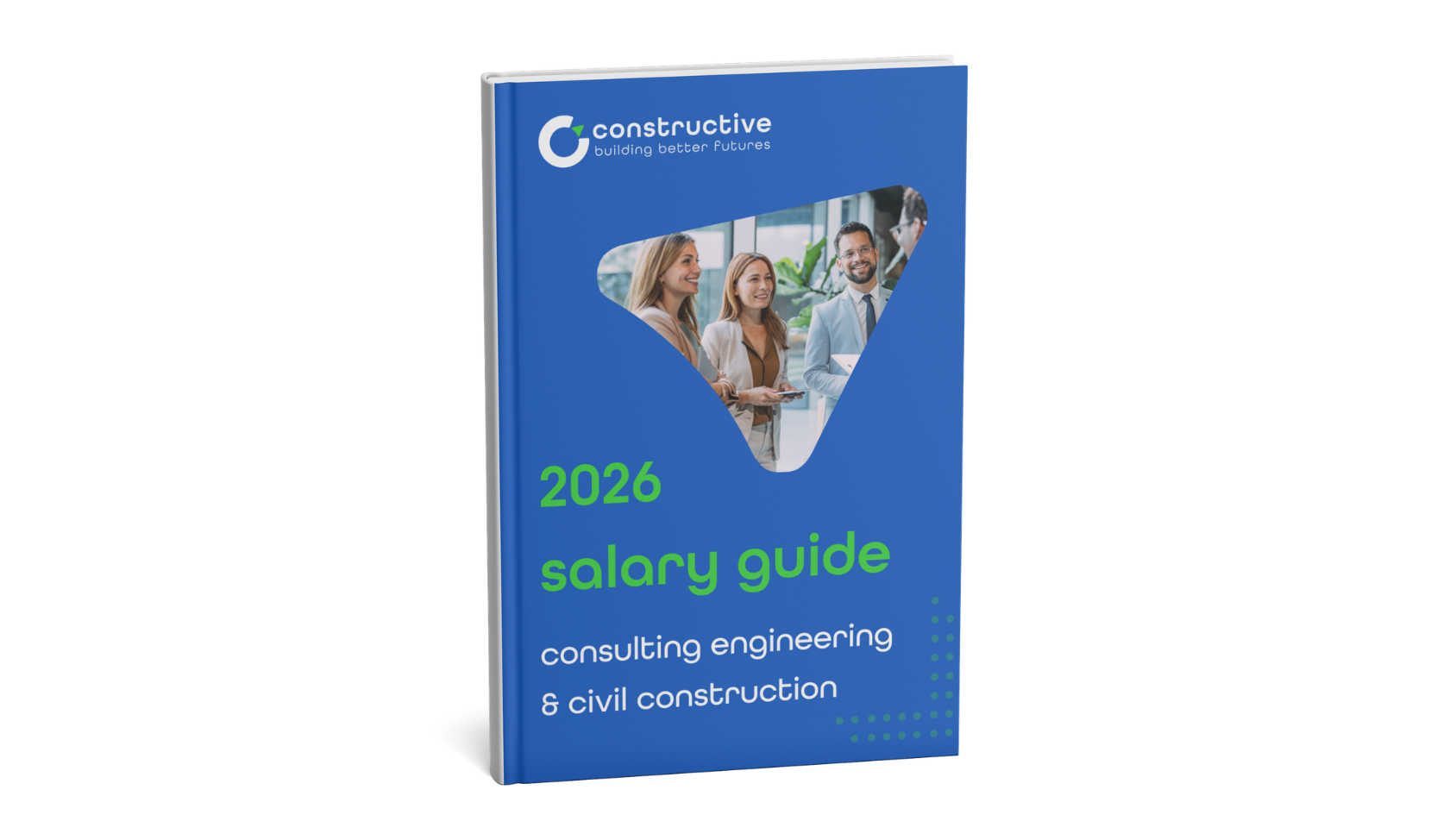blog
What Employers Really Mean When They Say...
Chiara Alcuri • October 15, 2025

you're not the right fit
You’ve heard it before...
You performed well in the interview, felt confident about your answers, and then — the email lands:
“You’re not the right fit for this role.”
It’s vague. It’s frustrating. And it can leave you second guessing what went wrong and you start asking yourself, "What does "not the right fit" even mean?"
At Constructive, we will always aim to provide valuable feedback. We believe in integrity, quality, and community, which means being upfront, explaining what’s really going on, and helping you move forward.
That said, communication from companies isn’t always as clear or effective as we’d hope, and that can be frustrating for us and for you. Sometimes, when we deal with HR or internal hiring teams, information doesn’t flow precisely enough from the line managers, and we don’t always receive the full picture. When we do receive the full picture, we’ll always share it openly and provide as much support and advice as possible to help you secure the right opportunity in the future.
Here’s what “not the right fit” usually means and what you can do about it.
1. The Role Changed Behind the Scenes
Sometimes the client changes what they’re looking for halfway through the process. The responsibilities shift, the seniority changes, or a budget gets cut and suddenly, the ideal candidate looks different.
That’s not about you being wrong for the job. It’s about the job no longer being what was described.
Ask your recruiter after the process whether the feedback suggests the role changed along the way. If we’ve been told the role evolved or priorities shifted, we’ll share that context, so you’re not left wondering.
2. Another Candidate Was Just a Closer Match
Sometimes, a company chooses someone who can “hit the ground running”. They can start tomorrow, or they’ve worked in an identical setup before.
You might have been an equal (or even better) match on paper, but urgency wins.
If we have full visibility of why another candidate was chosen, we’ll explain what made the difference and use that insight to position you better next time.
3. Culture Fit Isn't About Personality - It's About Alignment
“Fit” is usually about how a business operates - its pace, decision making style, and expectations - not whether you’d get along personally with the team.
If we’re given detailed feedback, we’ll interpret and share it so you understand how working styles align, not just surface-level ‘fit.’
The goal isn’t to change who you are, but to understand where you’ll perform your best.
4. Timing and Circumstances Can Play a Role
Sometimes, the timing just isn’t right. Budgets freeze, priorities shift, or internal hires appear at the last minute.
It’s frustrating, but it’s not personal.
Ensure you keep your recruiter updated every few weeks with any changes to your career goals or circumstances.
5. Your Skills Are Great - But the Company Needs Something Different
This one’s common. You’re too experienced for what the role offers; the salary, scope, or progression just don’t match where you’re at. Instead of explaining that, they hide behind “not the right fit.”
Here’s the truth:
It’s not an insult - it’s risk management. Companies are cautious about retention, not capability.
Ask your recruiter to put you forward for roles that challenge you. If we are told your experience outpaces the brief, we’ll tell you and find one that’s worth your time.
6. The Hiring Team Couldn't Agree
Here’s the one no one talks about: sometimes you didn’t do anything wrong. The interviewers simply couldn’t agree on what they wanted. One wanted energy, another wanted experience. Someone else preferred an internal referral.
And when there’s disagreement, “not the right fit” becomes the catch-all excuse.
Ask your recruiter privately for insight. If we’re aware of internal differences on the client side, we’ll tell you - not all recruiters will, but we believe honesty builds trust.
7. You're Closer Than You Think
How you handle rejection can define your next opportunity. A simple, professional response to your recruiter such as, “Thanks for letting me know. I really appreciated the opportunity. Please keep me in mind for similar roles”, goes a long way.
It signals self-awareness and maturity, both traits hiring managers remember.
Final Thoughts
When recruiters say, “You’re not the right fit,” here’s what they often really mean:
- The brief changed.
- The timing didn’t align.
- The company’s internal picture wasn’t clear.
- Or it just wasn’t this one.
But it doesn’t mean you’re not right in general.
At Constructive, we’re here to translate feedback honestly, when possible, and guide you through the grey areas, and connect you with roles where you can excel.
Our recruitment philosophy is simple:
- Deliver quality in every placement.
- Act with integrity even when the message is hard.
- Build a community where candidates and companies grow together.
Because finding the right fit isn’t just about a job. It’s about belonging, and that’s what we’re here to help you achieve.
We hope you have found this blog post helpful in your job search. If you are seeking a career move within the Civil Construction
or Consulting Engineering
sectors, and wish to discuss your options, please contact us
and we would love to help you find the right opportunity for you.
Good Luck!





